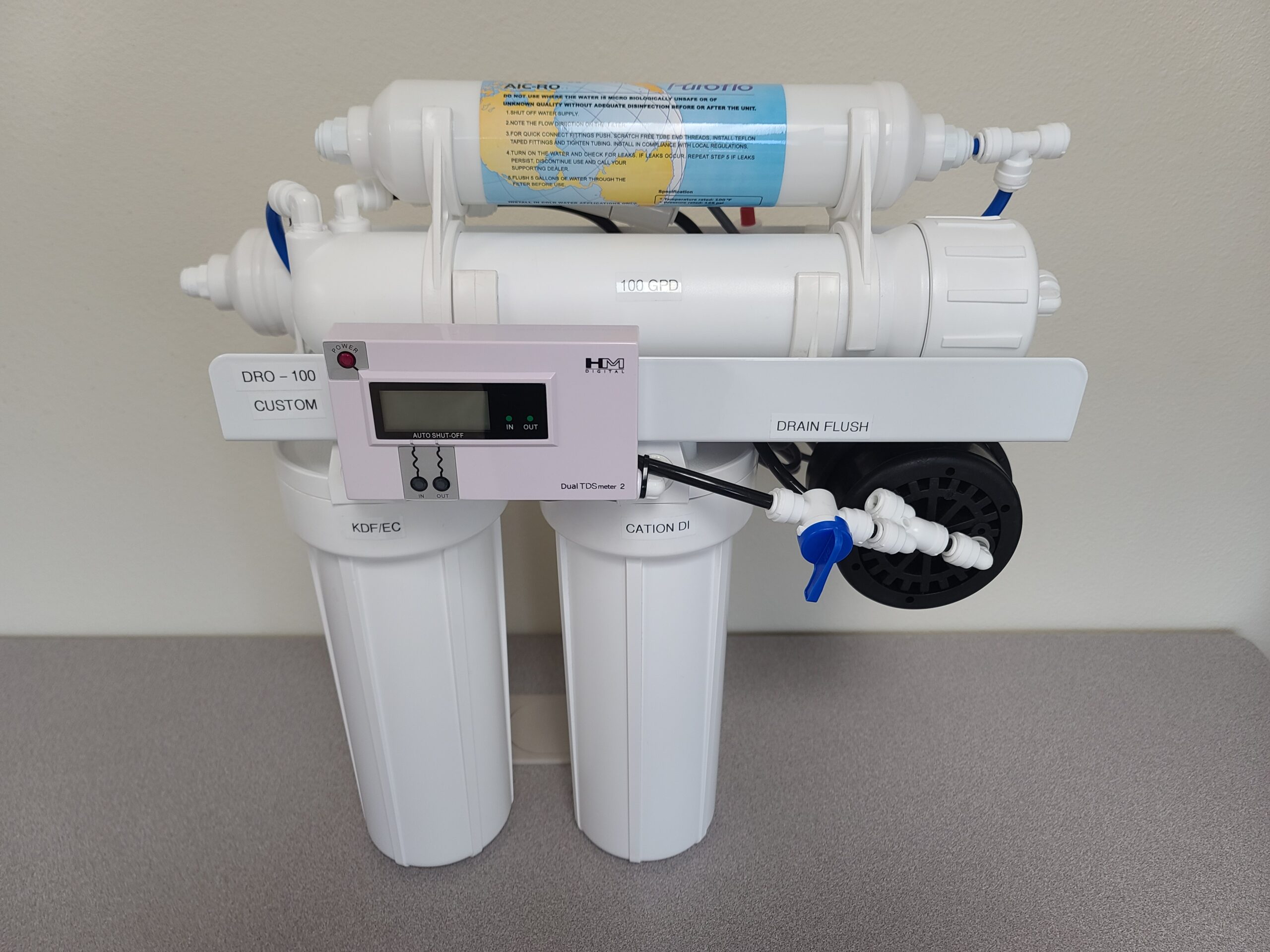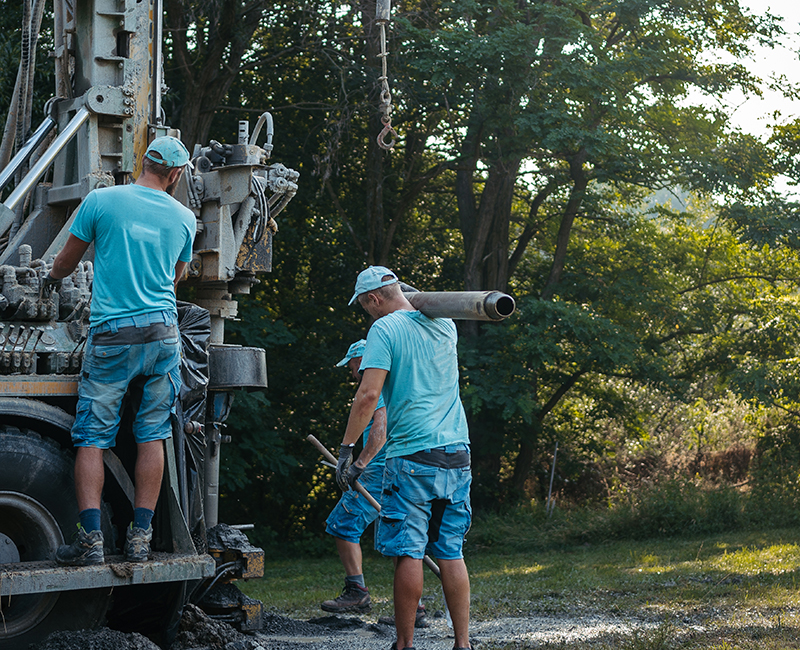Improving Water Education:
21 federal grants were recently awarded to universities for the purpose of supporting critical water education programming in agricultural watersheds and rural areas across the country. The grants were awarded by the U.S. Department of Agriculture’s National Institute of Food and Agriculture, through the institute’s Agriculture and Food Research Initiative “Water for Agriculture” challenge and the National Integrated Water Quality Program.
The University of Wisconsin- Madison has received one of those 21 grants, and their portion of the more than $10 million in agricultural water grants is $900,000. These grants represent the first year of funding for the Water for Agriculture program.
“Think Water”
“Water is our most precious resource, one that is essential for both human survival and well-being, and for our ability to grow our crops and livestock,” said Sonny Ramaswamy, institute director. “By funding research, extension and education for citizens and the agriculture community, we are able to proactively create solutions to water-related issues like drought and its impact on food security.”
The University has a long tradition of providing leadership in multiple areas of agriculture and, with the new grant, educators will broaden the project’s water-education focus beyond youth to include water education for adults and research specifically focused on crucial agricultural water-use and –impact issues.
Why Should We Be Concerned About Agricultural Water?
Agricultural water is water that is used to grow fresh produce and sustain livestock. According to the United States Geological Survey (USGS), water used for irrigation accounts for nearly 65% of the world’s freshwater withdrawals, excluding thermoelectric power. There are 330 million acres of land used for agricultural purposes in the United States that produce an abundance of food and other products. Agricultural water is used for:
- irrigation
- pesticides
- fertilizer applications
- crop cooling
- frost control
Poor planning of industrial sites, animal farms, and barnyards and feedlots can easily affect the water quality. Poor water quality can affect the quality of food crops and lead to illness in those who consume them. Agricultural water can become contaminated through a variety of ways and can potentially spread bacteria, viruses, and parasites to crops and animals. Agricultural activities that cause nonpoint source pollution include:
- overgrazing
- overworking the land (for example, plowing too often)
- poorly managed and ineffective application of pesticides, irrigation water, and fertilizer
- poorly managed animal feeding operations
Certain microorganisms such as Cryptosporidium, blue-green algae, or Staphylococcus, can be toxic to animals and cause symptoms like diarrhea, lack of coordination, labored breathing, or death. Ill animals can then release millions of infectious microbes into the soil that can further contaminate other water sources. Disease-causing organisms can rapidly spread if animals are drinking from the same trough, so it is important that livestock are provided with adequate amounts of quality water, free of contamination. Also, irrigating crops with contaminated water can lead to contaminated food products, which will lead to illness when eaten.
Water Treatment Solutions for the Agriculture Market
Agriculture-related operations produce a range of wastewaters requiring a variety of treatment technologies and management practices. Water treatment technologies employed for the agriculture markets include:
- biological treatment
- disinfection
- filtration
- mixing/aeration
- reverse osmosis
- ultrafiltration
At Dime Water Inc., our engineers are always prepared to help you choose the right water treatment technology to meet your needs. Contact us at 760.734.5787!
Resources:
- https://www.agriview.com/news/crop/agriculture-water-issues-uw-receives-federal-grant/article_831956f7-b146-5fc7-ae36-b51855fb8771.html
- https://www.cdc.gov/healthywater/other/agricultural/index.html
- https://wwf.panda.org/what_we_do/footprint/agriculture/impacts/water_use/
- https://en.wikipedia.org/wiki/Agricultural_wastewater_treatment










